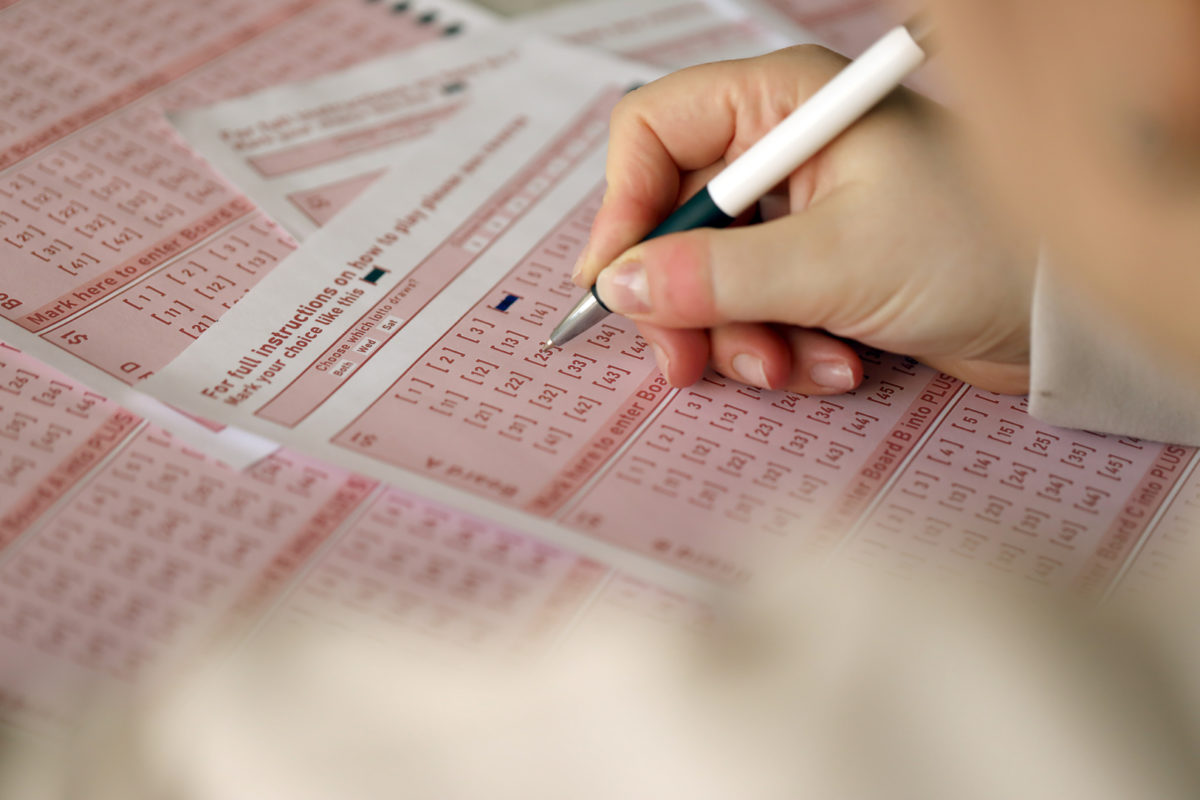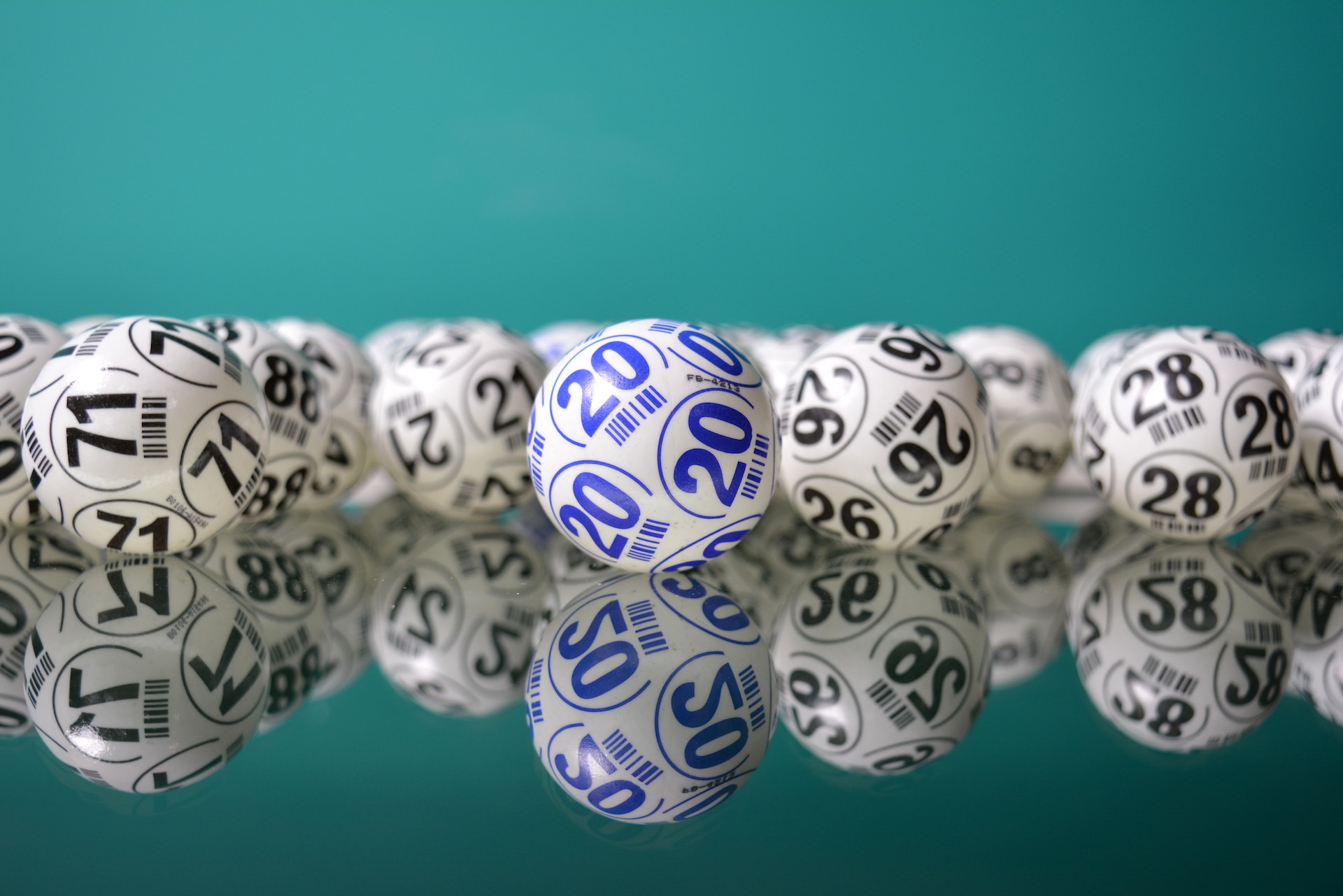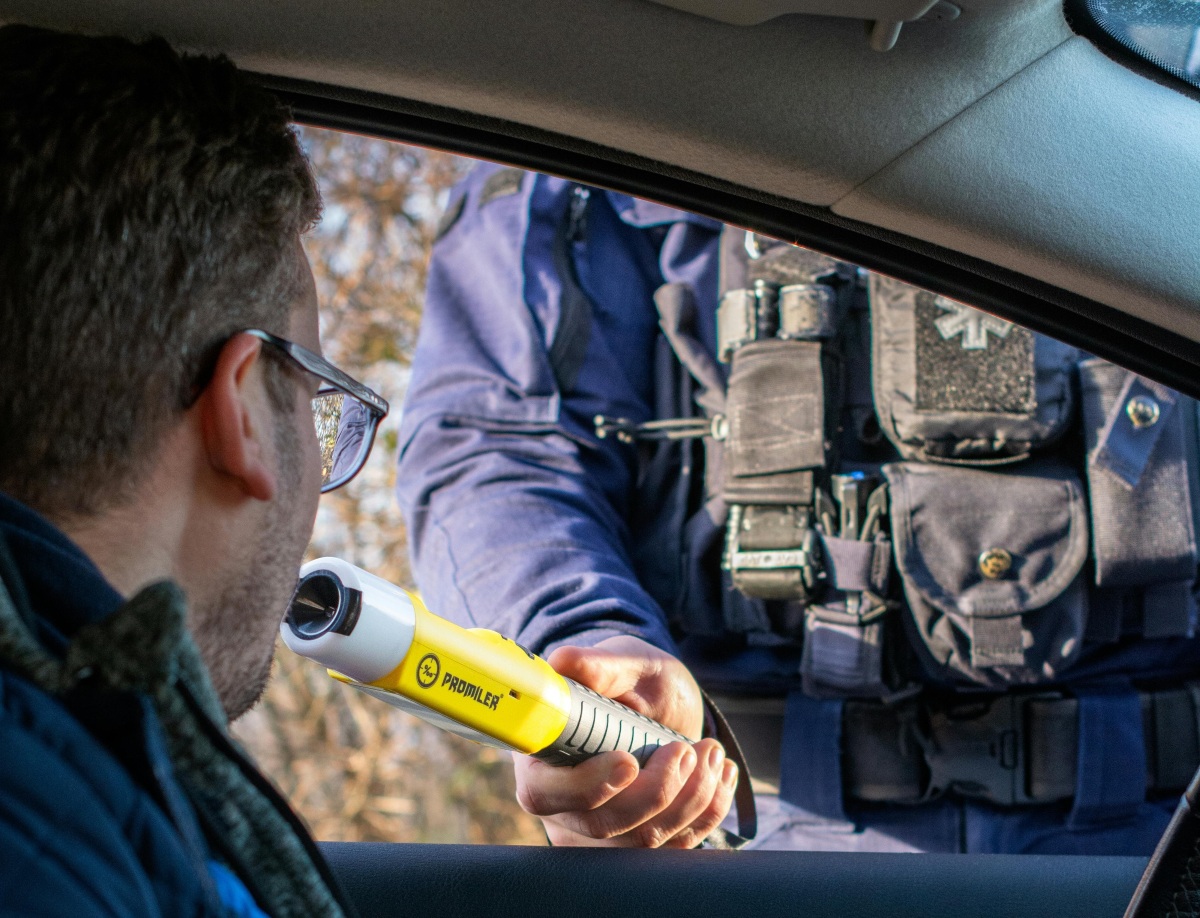By virtue of the country’s vast iGaming industry, many would imagine that the country’s entire gambling sector is highly competitive market, however, the lottery industry is an exception. While there are hundreds of licenced iGaming operators in the country, there’s only a single, national lottery licence.
Malta’s national lottery was set up as a monopoly by the Government in 1934, and all games the responsibility of the Public Lotto Department.
The Malta Gaming Authority (MGA), then known as the Lotteries and Gaming Authority, was then established in 2001, and in 2004 it took over the supervision and regulation responsibilities of the national lottery.
That same year, an exclusive lottery licence was granted to Maltco Lotteries Limited to operate the national lottery. That licence was extended after it won an international tender in 2012 and held onto it until it expired on 4th July 2022.
Following another international tender in 2021, a newly established company, National Lottery plc, was granted the concession by the Ministry for the Economy, European Funds and Lands in 2022, and subsequently took over operations after the previous operator’s 18-year run.
National Lottery plc was established in 2021 as a subsidiary of IZI Group, a publicly listed company on the Malta Stock Exchange which also operates a local casino and a sports betting website.
It has the exclusive right to operate the national lottery until July 2032.
Traditionally, lottery players would visit any one of a number of point-of-sale outlets, however there’s fewer of them around every year.
By the end of 2022, there were fewer than 200 point-of-sale outlets operated by a total of 235 full-timers.

Since its peak number of outlets of 246 in 2015, these have dwindled by 18.8 per cent to 198 in 2022.
Yet, while there are fewer outlets around, just over one per cent of their turnover came through the website, according to the MGA’s latest annual report.
In addition to a dwindling number of outlets, annual turnover has been slowly but surely trickling down.
In its last full year of operations in 2021, the national lottery’s annual turnover stood at €95.5 million.
This is a smidge less than the annual turnover from its previous full year of operations in 2019 (€96 million) and 2018 (€96.6 million).
Impact of COVID-19
Due to the industries near total dependence on point-of-sale outlets, when the COVID-19 pandemic hit in 2020, the national lottery operator suspended all operations from their outlets for several weeks.
Given that not even the Second World War was able to break the national lottery’s operational streak since its inception, it was quite the historic feat.
While turnover was able to return to its pre-shutdown level of turnover, but it was not able to boost the number of people using the website to play the lottery.
Other lotteries
While there’s a monopoly on the national lottery, there also exist other, albeit non-commercial lotteries in Malta.
Non-profit lotteries are licensable games where the stake cannot exceed €5 and where 90 per cent or more of net proceeds have to be forwarded to an entity with a charitable, sporting, religious, philanthropic, cultural, educational, social, or civic purpose.
Given the limited scope of these low-stakes games, the number of licences tends to be limited and sporadic. As of 2022 there were only 18 non-profit lottery lotteries, down from 54 in 2017, but up from 6 in 2020.
There is also the Government-run fiscal receipt lottery which does not fall under MGA’s oversight.
The lottery was introduced in 1990 and involves the draw of fiscal receipts sent by the public to the Ministry of Finance and Employment. Every month around three million fiscal receipts participate in the lottery and winners receive their receipt value multiplied by 100. This is capped off at €11,647 per receipt.
However, this lottery has come under scrutiny in the past few years, as not only was the container used to draw the winners of the lottery was deemed too small by the National Audit Office, but a number of individuals have been lucky enough to be multiple winners, either within the same draw or within a few months. One individual won the lottery 13 times in less than 18 months.

Future of the industry
While the outlook for the national lottery appears gloomy, with shrinking turnover, a declining number of point-of-sale outlets and low uptake of its digital platform, things could turn around with a new operator taking the lead.
In an interview with our sister outlet iGamingCapital.mt, IZI Group plc’s COO Franco De Gabriele said that they have committed approximately €125 million over the next 10 years to deliver a modern national lottery service. They intend to focus on making the product more accessible, player experience and executing a market-driven product strategy.
Whether it will succeed in overcoming the industry’s miasma is yet to be seen as 2023 will mark the firm’s first full year as operators of the national industry.
Inbound tourism sees double-digit growth in June as spending surges past €395 million
The average length of stay stood at 6.4 nights
‘Just 3% of serious road accidents involve roadside breathalyser tests’ – Insurance Association Malta
IAM is urging stronger enforcement of drink and drug driving laws
Malta among Europe’s worst-hit countries for payment fraud
Malta recorded 10,024 fraud incidents during the first six months of 2023






